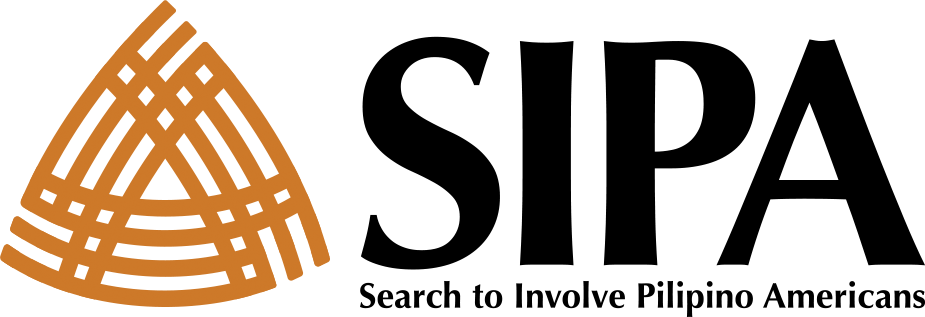Our Mission
SIPA enriches and empowers generations of Pilipino Americans and others by providing health and human services, community economic development, arts and culture, and a place where people of all backgrounds come together to strengthen the community.
Our Indigenous Values
Pakikipag-bayanihan para sa kapakanan, katarungan, at karapatan ng ating kapwa-tao.
Coming together for the well-being, justice, and human rights of our community.
KAPWA | Humankind
In the spirit of bayanihan - translated as a “communal energy and enthusiasm” - we emphasize our shared connection with each other, as we collaborate with communities to shape and achieve common goals. We strive to cultivate interconnected communities where mutual support and cooperation, collective growth, and empowerment flourish.
KARANGALAN | Honor
Excellence and integrity guide our engagement with communities, driven by accountability, continuous learning, and an ongoing commitment to improvement.
KAPAKANAN | Well-being
We champion equitable access to optimal health and well-being for all, centering marginalized voices to address intergenerational trauma, promote holistic healing, and build resilience.
KATARUNGAN | Social Justice
Advocating for equitable treatment, the fair distribution of resources, dignity, and justice for all, we embrace our collective responsibility to nurture one another and uphold community well-being through restorative justice principles. We accomplish this by integrating diversity, equity, inclusion, and accessibility (DEIA) into our efforts, ensuring that community members have the opportunity to reach their full potential.
Equity Statement
As part of our Equity Strategy, SIPA will adopt a lens that holds a keen analysis of power and privilege, including an understanding of the history and sociopolitical factors that have impacted Filipinos* in US and globally. This includes understanding our history of colonization, imperialism and systemic racism, and will continuously examine the role of Filipino Americans within the larger movement for racial justice. We recognized the diversity of our own community and strive to actively work in solidarity with groups to guide our work. This refers in particular to youth, immigrant, undocumented, Black, Latinx, Indigenous, AAPI, LGBTQIA+, those living in poverty, unhoused communities, people of all faiths, genders, ability, non-English and non-Tagalog speaking people.
Land acknowledgment
SIPA, as an operator of affordable housing and Equal Opportunity Employer, is obligated to adhere to accessibility guidelines set by local, state, county and federal laws. SIPA is committed to meeting those requirements and going above and beyond to establish policies and practices that reflect the level of equity we aim to achieve.
*Filipino is used throughout our work to refer to Pilipino, Filipinx, Filipina, Pinxy, Pinay, Pinoy, Filipinx/a/o American and descendants of the Philippines and people of the Filipino diaspora in the United States. It is meant to be inclusive of all genders, migration and immigrant experiences, languages, generations and multi-ethnic/racial identities.
SIPA acknowledges that we are on occupied and unceded Tongva and Chumash land.
We honor the Tongva, Chumash and First Nations people here and indigenous people throughout the world and their continued fight for sovereignty and the return of land, including the indigenous people of the archipelago known as the Philippines.
We honor our own ancestors and elders whose roots on this land now named Los Angeles brought us here today.
We recognize that this land acknowledgment is done with radical love for community and is insufficient. We commit to work in solidarity with indigenous people toward our collective liberation.
